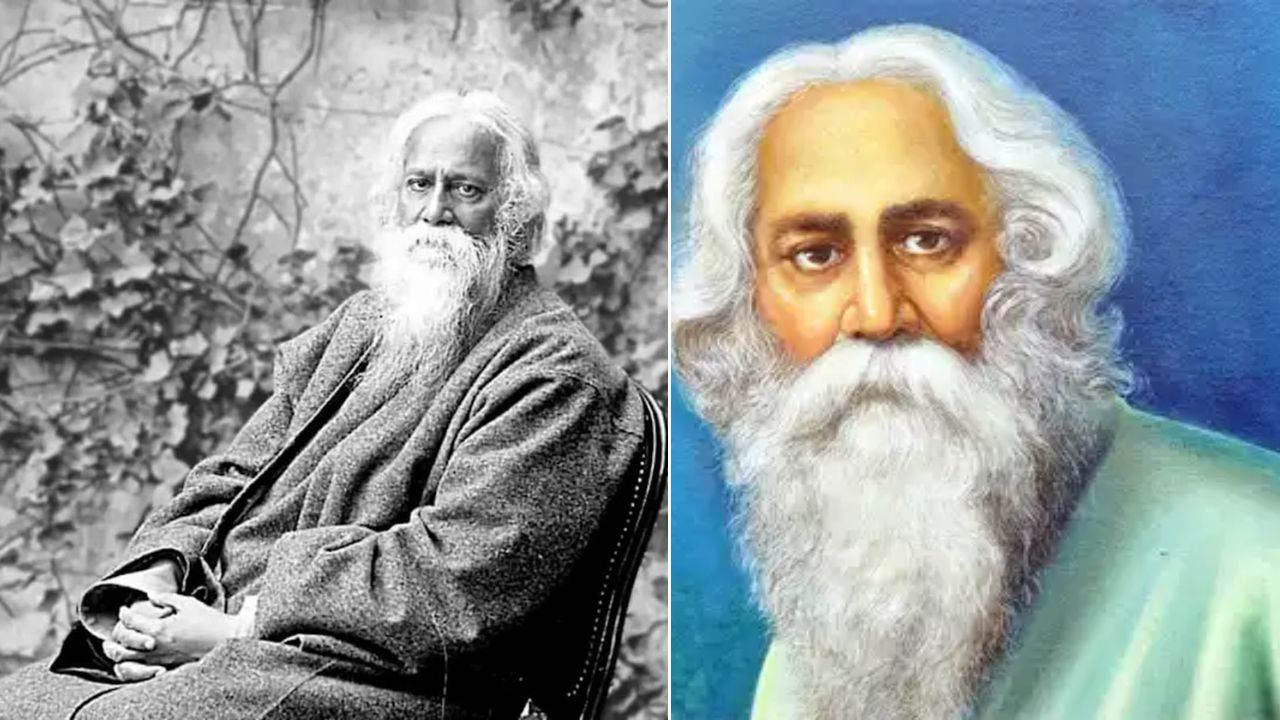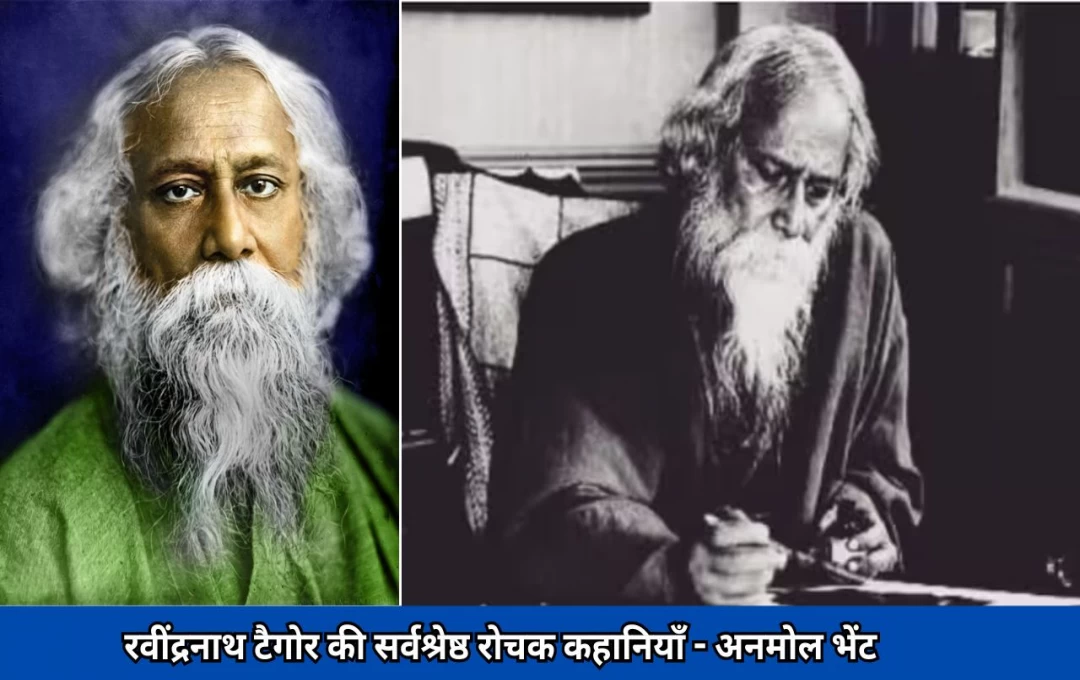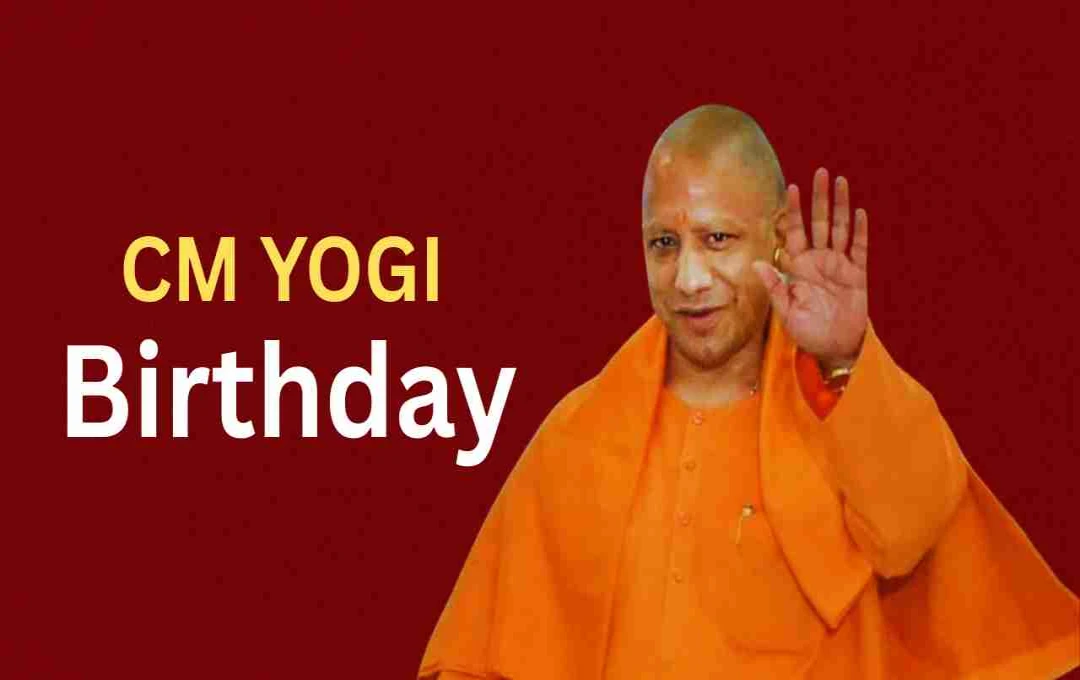Rabindranath Tagore was a world-renowned poet, writer, and philosopher. He is the only Indian literary figure to have been awarded the Nobel Prize. Tagore was not only the first Asian and non-European to win the Nobel Prize in Literature but also a prolific writer, with over a thousand poems, eight novels, eight collections of short stories, and numerous essays to his name. Furthermore, Tagore was passionate about music and composed over 2,000 songs during his lifetime. He holds the unique distinction of composing the national anthems of two countries – "Jana Gana Mana" for India and "Amar Sonar Bangla" for Bangladesh. Presented here is one of his most famous and compelling stories from a collection of Rabindranath Tagore's best.
A Priceless Gift
Raycharan had been working as a servant since the age of twelve, supporting his master's child. Considerable time passed. The young boy grew up under Raycharan's care, going to school, college, and eventually securing a government job from his lap. Yet, Raycharan continued to feed the boy, the pampered son of a wealthy master. Whenever Raycharan followed him, the boy would run away, hitting Raycharan with his small fists. Raycharan would laugh and say, "Our young master will one day become a judge." Whenever the boy called Raycharan "Channa," Raycharan's heart would overflow with joy. They played together, with Raycharan acting as the horse and the boy riding on his back. But these days ended when the wealthy master moved to another district on the riverbank. While leaving Kolkata, he bought precious jewelry and clothes for his child, as well as a small, beautiful carriage.
It was the monsoon season, and heavy rain had been falling for days. The clouds burst, and evening arrived. The child insisted on going out. Raycharan took him out in the carriage. The fields were flooded. The child demanded to pick flowers, but Raycharan tried to comfort him. The child refused to listen, insistent in his demands. In an attempt to please the child, Raycharan began picking flowers in water up to his knees. In several places, his feet sank into the mud. The child sat quietly in the carriage for a while, then his attention turned to the flowing river. He silently got out of the carriage, picked up a stick nearby, and began playing with the waves at the riverbank.
When Raycharan returned with the flowers, he found the carriage empty. He looked around, but the ground seemed to disappear beneath his feet. He repeatedly called out the child's name, but the sweet voice of "Channa" did not respond. Everything became dark. The child's mother became anxious. She called people and ran around frantically. Some people, carrying lanterns, began searching along the riverbank. Upon seeing them, Raycharan fell at their feet. He began to ask questions, but to every question, he could only say, "I don't know anything." Although everyone agreed that the river had swept the child away, various suspicions lingered. One was that a group of beggars had left the city that same evening, and the mother suspected Raycharan might have sold the child to them. She separated Raycharan and pleaded, "Raycharan, take as much money as you want from me, but for God's sake, please return my child." But Raycharan could not answer; he only touched his forehead and remained silent.

Anger and Resentment Led to Expulsion from Home
In anger and resentment, the mistress threw him out of the house. Anukul Babu tried hard to reason with his wife, but her mind remained filled with doubt. She insisted that her child had been wearing gold jewelry, therefore… Raycharan returned to his village. They had no children, nor was there any prospect of having any. But at the end of the year, a son was born in their home. However, his wife died immediately after childbirth. There was a widowed sister at home, upon whom the responsibility of raising the child fell.
When the child began to crawl, he would disappear from the sight of his family. When Raycharan would run to catch him, in his restlessness, he would strike at him. At that moment, Raycharan would see his young master's face lost in the river waves. When the child's speech developed, he would call his father "Baba" and his aunt "Ma," just as Raycharan's young master used to speak. Hearing his voice, Raycharan was astonished. He was fully convinced that his young master had been reborn in his home. He had three pieces of evidence to confirm this: Firstly, the child was born immediately after his young master's death. Secondly, his wife was very old, and there was no hope of a child being born. Thirdly, the child's manner of speaking and all his emotions were similar to his young master's. He remained constantly engaged in the child's care, fearing that his young master might disappear again.







